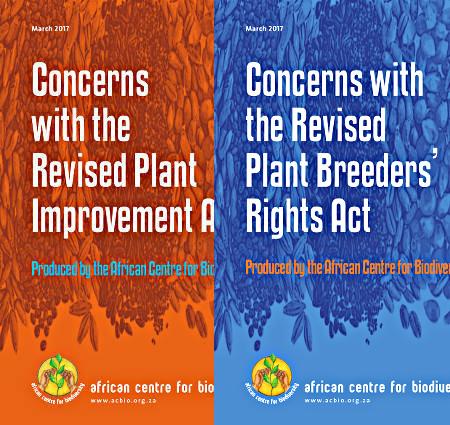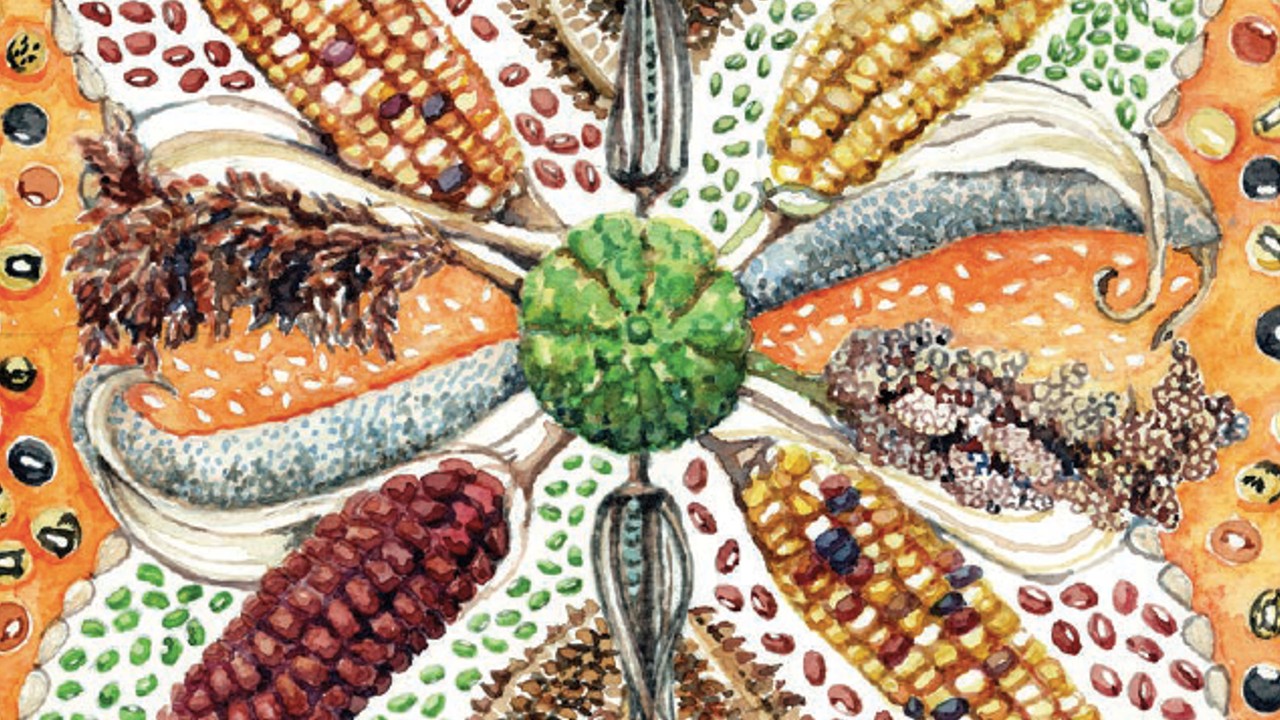Latest Seed Laws & Policies Resources
5 May 2017
What are the DUS criteria?
DUS stands for Distinct, Uniform and Stable. The DUS criteria aims to supply industrial-scale commercial farming systems while smallholder farmers plant seed that is not distinct, uniform or stable. This third factsheet gives more information on this system and the potential impact on smallholder farmers. Learn more about these and other topics in the factsheets produced by the […]
READ5 May 2017
What is quality declared seed?
The quality declared seed (QDS) system is part of the formal seed system and also controls seed quality and purity. The QDS has several benefits, including the system being a good employment opportunity for farmers who produce improved seed. It does, however have drawbacks such as the limited access to basic seed for seed multiplication. […]
READ5 May 2017
What is a seed law?
Seed laws were developed by governments and industry and are used as instruments to replace and undermine the farmer-managed seed system. Learn more about these and other topics in the factsheets produced by the ACB for smallholder farmers in Africa. The materials are available in several languages and cover a range of topics dealing with […]
READ27 March 2017
Briefings on the revision of South Africa’s seed laws: Entrenching an unjust and unsustainable seed system
As we continue to engage and mobilise around the seed policy and legislation revisions, ACB has developed 2 easy-to-read documents outlining the central concerns and possible alternative directions for seed policy to move in South Africa. Despite the public interest to support an equitable seed system, the Plant Improvement and Plant Breeders’ Rights Bills, create […]
READ2 June 2016
Integration of small-scale farmers into formal seed production in South Africa
The scoping report looks at key policies, legislation and programmes in SA with an emphasis on seed laws and considers the implications for small- scale farmer involvement in this sector and outlines a few projects on community seed production, indigenous crops and black- owned private sector seed production efforts.
READ18 February 2016
Open letter to UPOV and FAO on the new intellectual property and seed laws in Africa, Asia and Latin America
The African Centre for Biodiversity, the Network for a GE Free Latin America and JINUKUN – COPAGEN, on behalf of the organisers of a South – South dialogue on intellectual property (IP) and seed laws, want to bring to your attention the declaration that resulted from the Dialogue. This Dialogue was attended by several organisations […]
READ8 October 2014
Acquisition of Africa’s SeedCo by Monsanto, Groupe Limagrain: Neo-colonial occupation of Africa’s seed systems
The Alliance for Food Sovereignty in Africa (AFSA) is deeply concerned about the recent acquisitions by multi-national seed companies of large parts of SeedCo, one of Africa’s largest home-grown seed companies. Attracting foreign investment from the world?s largest seed companies, most of who got to their current dominant positions by devouring national seed companies and […]
READ8 June 2013
ACB’s comments on the Plant Breeders Rights Bill
We are grateful to the Department of Agriculture, Forestry and Fisheries for allowing us the opportunity to attend the stakeholder workshop on the 22nd of May 2013 and for inviting us to submit our comments on the Plant Breeders’ Rights Bill. We are also pleased to note that the DAFF has indeed taken on board […]
READ8 June 2013
Comments by the African Centre for Biosafety on SA’s Plant Improvement Bill
According to the United Nations Food and Agricultural Organisation (UNFAO), over the course of the 20th century, 75% of the world’s plant genetic diversity was lost, as local varieties and land races have been replaced with genetically uniform seed. A similar process in animal husbandry has put 53% of all livestock breeds at risk of […]
READ






